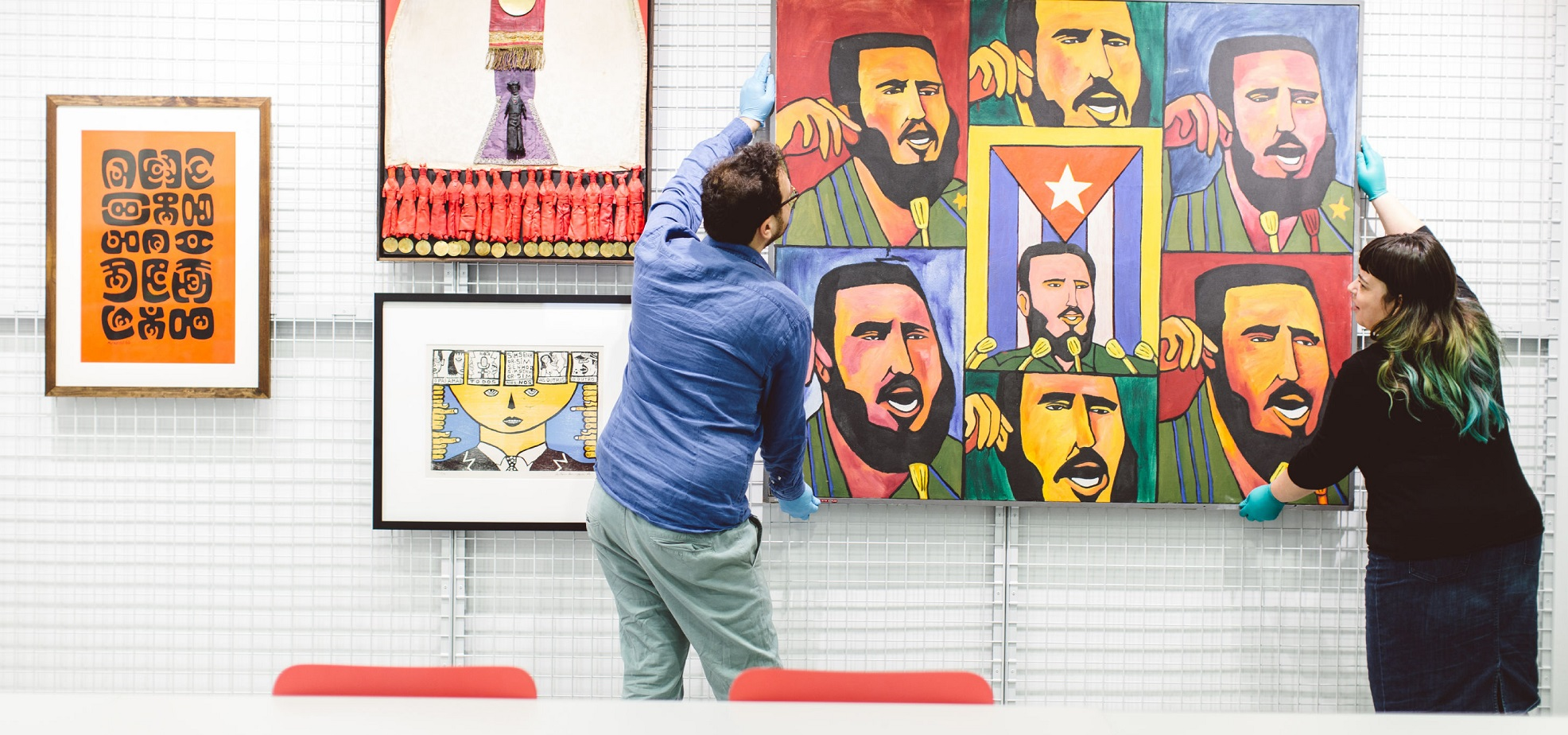
(Updated September 2023)
In the first part of this module, we shall consider some of life's big questions, the problems each of us face as human beings. What, if anything, is the meaning of our lives? How can we become wise? Do we stand in need of salvation? Can we make sense of human suffering? How should we think about our own deaths? We shall approach these questions by taking a fresh look at some of the most powerful stories, myths and allegories in the history of reflection on the human condition. In particular, we shall examine the following, from a philosophical point of view:
▪ Out of Africa; the First Human Beings and the Beginning of Death, God and the meaning of Life
▪ The Trial of Socrates
▪ Eden and the Fall
▪ Plato's Cave
▪ The Sufferings of Job
▪ The Myth of Sisyphus
▪ Covid and Camus' 'The Plague
▪ The Tragedy of Antigone
In the second part of the module we take up the problem of nihilism as experienced in modernity. We begin with Nietzsche`s account of the problem of nihilism as it emerges in the wake of the 'death of god', before turning to Weber`s account of processes of disenchantment and rationalisation, and Freud`s analysis of the repressive forces of civilization. We then examine responses to this `malaise of modernity` that emphasise the role of art, an authentic relation to one`s own death, the radical choosing of oneself and collective political struggle. Topics we will focus on include:
The Death of God (Nietzsche)
The Iron Cage of Modernity (Weber)
Civilization and its Discontents (Freud)
Art as a Saving Sorceress (Nietzsche)
The Antinomy of Life and Art (Thomas Mann)
Confronting One's Own Death (Tolstoy)
Choosing Oneself (Sartre)
Collective Emancipation of Humanity (Marx)
Learning Outcomes:
By the end of this module students should to be able to:
* display detailed knowledge of the texts covered in the module;
* display some knowledge of the ways in which these texts have been variously interpreted and developed by different philosophers;
* engage orally and in writing with these texts in a philosophical way, considering arguments and ideas carefully and critically;
* display an understanding of the presuppositions of the question of the meaning of life in a "modern" context;
* recognise the variety of forms of philosophical inquiry and expression, and be able to assess their significance for the philosophical content.
By the end of the module, students should also have acquired a set of transferable skills, and in particular be able to:
* define the task in which they are engaged and exclude what is irrelevant;
* seek and organise the most relevant discussions and sources of information;
* process a large volume of diverse and sometimes conflicting arguments;
* compare and evaluate different arguments and assess the limitations of their own position or procedure;
* write and present verbally a succinct and precise account of positions, arguments, and their presuppositions and implications;
* be sensitive to the positions of others and communicate their own views in ways that are accessible to them;
* think 'laterally' and creatively - see interesting connections and possibilities and present these clearly rather than as vague hunches;
* maintain intellectual flexibility and revise their own position if shown wrong;
- Module Supervisor: Steven Gormley
- Module Supervisor: Fiona Hughes